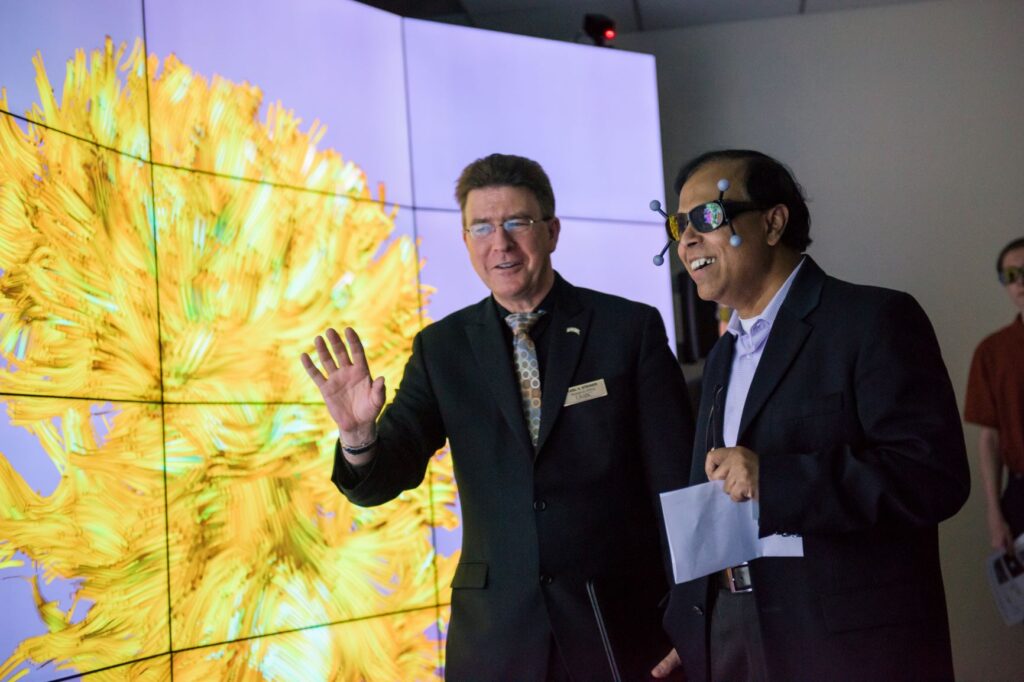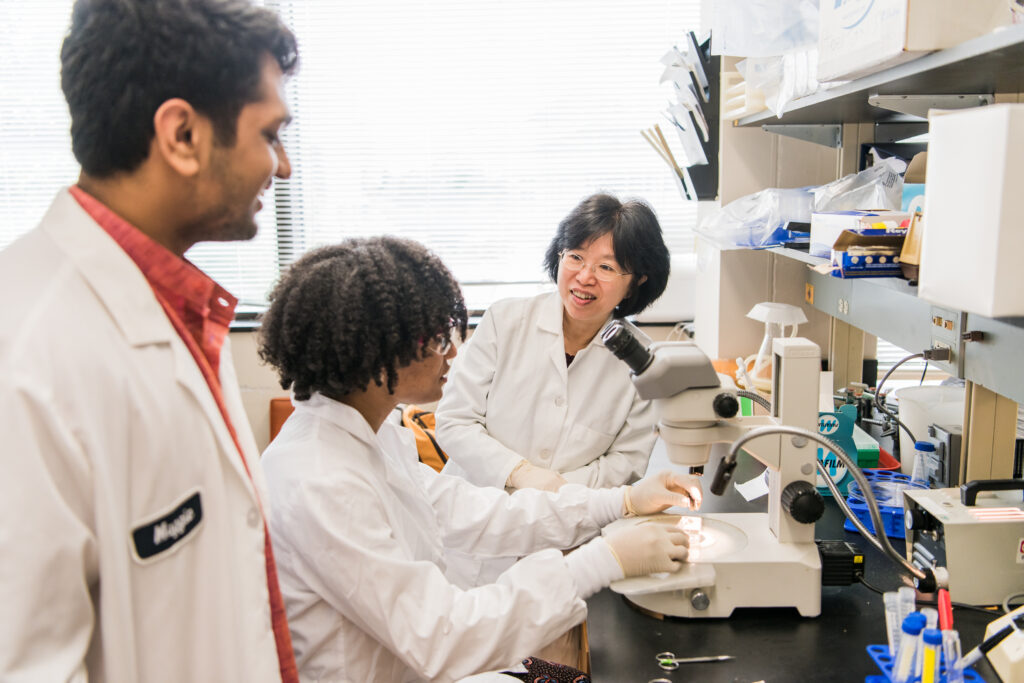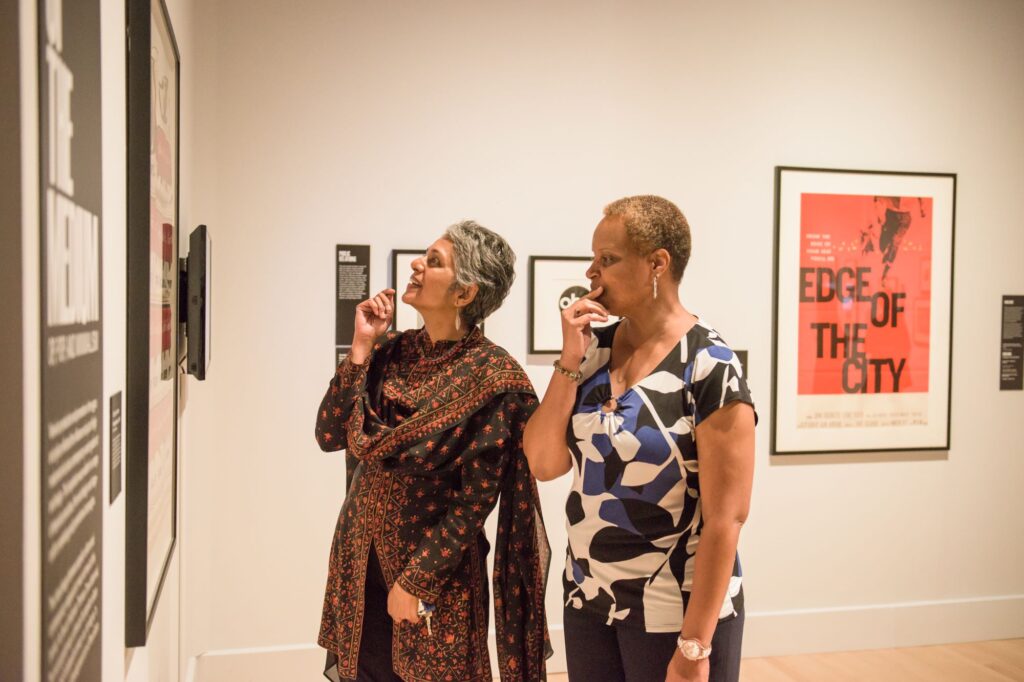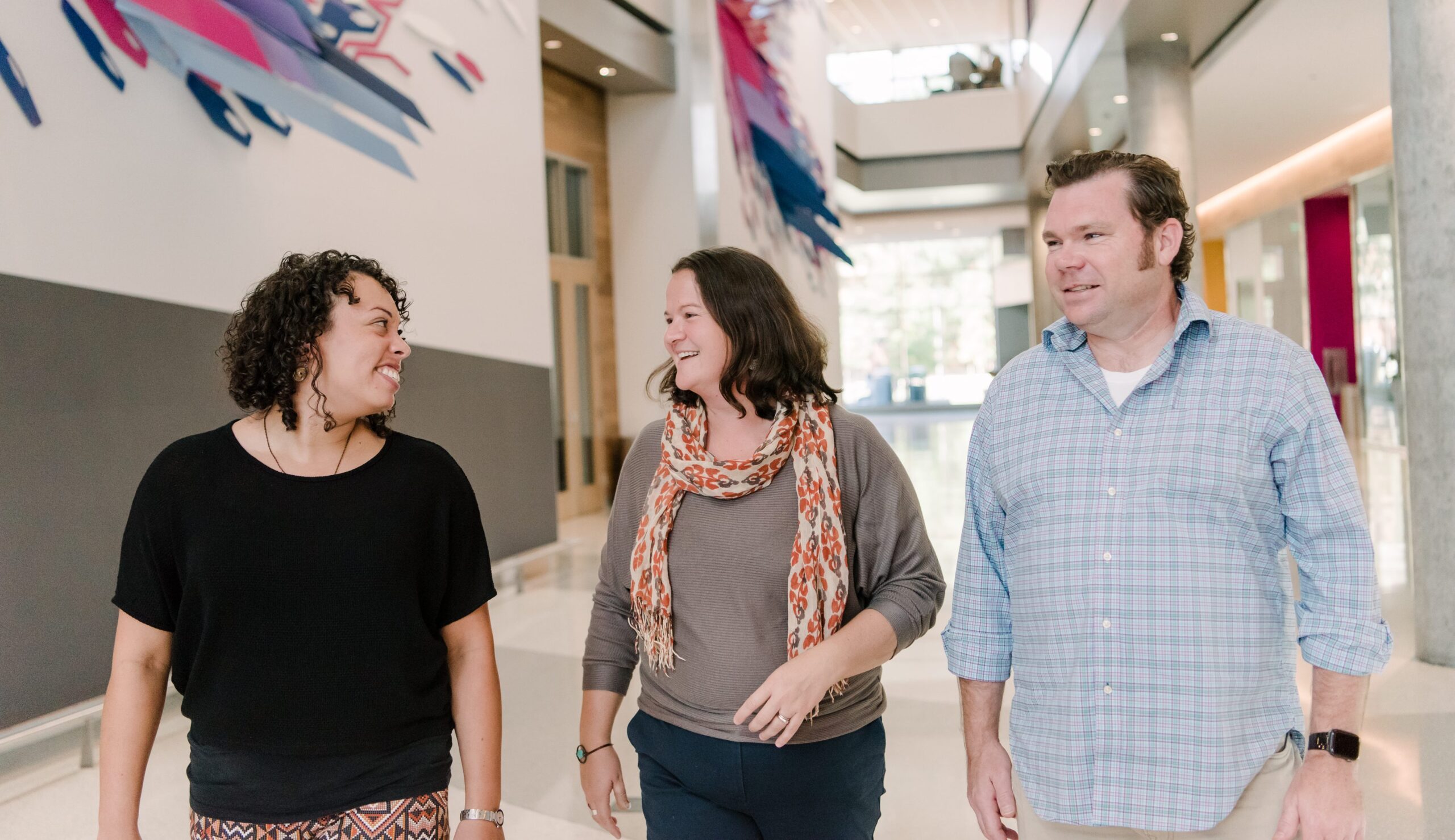Every day UMBC faculty are hard at work testing antivirals in the lab, untangling the impacts of healthcare policy, and processing satellite data on Earth’s atmosphere. They are developing best practices for K-12 teaching, remediating water contaminants, and exploring how actors express intimacy on stage. But how can journalists, students, or the general public learn who these faculty are and what they study? And how can faculty connect with each other for innovative research collaborations?
Anyone seeking UMBC experts can now find them through a new online tool that makes searches fast and easy.
“UMBC has some of the nation’s leading experts in fields ranging from artificial intelligence and quantum computing to health equity and public history. But it can be challenging for potential research partners to identify exactly the right contact for a given project,” says Karl V. Steiner, vice president for research. “We are excited that this online tool will give current and future partners new ways to learn about and collaborate with talented researchers and scholars across our UMBC community.”

How it works
On the Faculty Expert Search site, users can enter a name or a research topic to identify UMBC experts, and then connect with those who most closely match their needs. Possible uses include fellow faculty seeking research collaborators, prospective graduate students looking for faculty in their areas of interest, journalists looking for experts on topics in the news, and community groups interested in project partners.
In response to search terms, the tool displays micro-profiles. These include faculty names, titles, departments, and brief bios, plus photos if available. Clicking on “view profile” will reveal contact information. It will also display additional information the faculty member chooses to add to their profile, such as research interests, teaching expertise, classes taught, and publications.

Faculty can update their profiles at any time, so the site is continuously growing. Currently, the database features tenured and tenure-track faculty and lecturers, and some research faculty, and there is interest in making it more inclusive over time.
Visibility and connections
“A comprehensive, searchable database of faculty experts highlights the diversity and vibrancy of scholarly activities in our institution,” says Preminda Jacob, associate dean of the College of Arts, Humanities, and Social Sciences. Jacob, who is also an associate professor of visual arts, was a leading force behind the development of the Faculty Expert Search tool.

“Within our campus, this site will further interdisciplinary research by connecting scholars with common interests,” Jacob says. “External to UMBC, it has the potential to strengthen our research community’s international networks and community partnerships. It encourages the public to connect with faculty experts who could serve as speakers, collaborators, contributors to publications, and mentors.”
Users can access the Faculty Expert Search tool through UMBC’s homepage, under Research.
Faculty seeking to update a profile can use this step-by-step guide. Community members looking for contacts not included in this tool can continue to use the main UMBC.edu search function. Journalists interested in interviewing UMBC experts can also contact news@umbc.edu.
Featured image: Mercedes Burns, Maggie Holland, and Chris Swan (l-r) are part of the NSF-funded Interdisciplinary Consortium for Applied Research in Ecology and Evolution (ICARE). Photos by Marlayna Demond ’11 for UMBC.
Tags: interdisciplinary, Research

